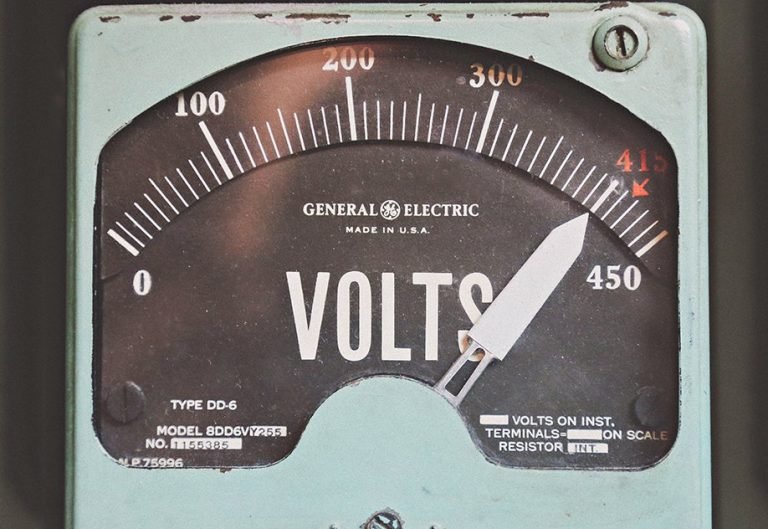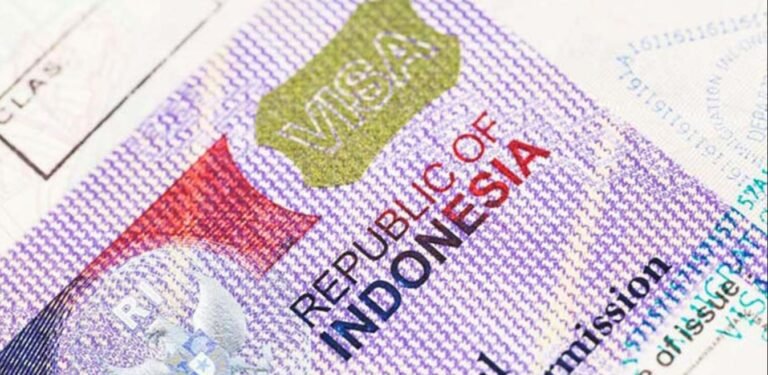
Analysing what’s happening to your market is important in any business. Without knowledge you can’t set accurate and achievable goals and if you’re not measuring results business tends to run flat before it runs itself down.
With that in mind I sat down with the team at Seven Stones Indonesia to try and get some insights as to what they’re learning about real estate in Bali and where they see market forces in 2017.
Here’s what they had to say.
Q. What parts of Bali are seeing the most interest from buyers?
Most of the enquiries we’re getting are focused on Canggu, with Berawa and Pererenan being the most popular enclaves in that general area. Sanur comes in a pretty close second. We know that Ubud is also a place we should be focusing more energy on as there’s a growing interest in escaping to the hills.
Q. Is interest mainly Freehold or Leasehold?
That very much depends on nationality as well as the location of interest. Most of the Indonesian enquiries we get still prefer Hak Milik (Freehold) but there are indications they’ve started to take a greater interest in Hak Sewa (Leasehold) titles, especially commercial investments such as bars and restaurants.
Foreign interest is split between the two.
Q. Is that influenced by area?
Yes. Location plays a significant role in what titles are even available. The Bukit, for example, is mostly Freehold but Bingin is primarily Leasehold. Away from The Bukit, Pererenan tends to be Freehold while Berawa is mostly Leasehold.
This focus on Leaseholds in a specific area could be because of the large number of foreigners who’ve already invested there. If everything was just Freehold, foreign interest wouldn’t be as high. It makes sense for vendors to focus on market needs like this.
Q. Why do you think this is?
It’s like a Catch 22 and everything’s connected. Prices are connected to titles. Titles are connected to demand. And demand is connected back to prices. So, buyers with more financial resources would be more likely to go looking for Freehold assets in an area that has a greater choice of them.
It works the other way too. Those with less substantial resources, who may prefer a less complicated investment, are generally more comfortable with Leasehold titles and the areas that have more of these options to choose from.
If we look at our Indonesian client base for example, we see those with low-end budgets hovering around 1 – 1.5 billion Rupiah. This determines what’s available and where. We also see more seasoned investors with much deeper pockets whose comfort zone is around the 8 billion Rupiah mark. This naturally determines the properties and locations available to them.
Interestingly, while lower entry level Leasehold properties are a relatively liquid investment, the high-end Leasehold options out there aren’t being seen as that attractive right now.
Q. Why not?
Perceptions. By their very nature Leaseholds have time frames associated with them and for every year that passes there’s less on the lease to use or sell. So for example, a 25 year lease is seen to have greater value than a 20 year lease and that in turn has more value than a 10 year lease and so on. In that sense the perception is a numbers game. There’s also a realization that it’s no longer a walk in the park to achieve the strong returns of just a few years ago.
Q. Is this trend being driven by domestic or foreign buyers? If foreign, where are they from?
It’s a huge generalization but Australian, European and other Southeast Asian interest predominantly fuels the Leasehold market, while domestic interest fuels Freehold. There are however, lots of crossovers with some foreign investors wanting to purchase Freehold either through a company, converting into Hak Pakai, or opting for the now not so common route of a nominee.
Foreign investors are very much looking for a good ROI, security of investment and lower entry levels – read Leaseholds. We think this is likely connected to banks in their home countries offering very low interest rates.
Indonesian buyers also see the benefits of investing outside of the banking system and they’re diving straight into real estate, especially as many of them have brought capital back to the country from overseas. There are also traditional values and mindsets to consider with Indonesian buyers who tend to buy with legacies and future generations in mind, something to pass on to the grandkids – read Freehold.
Q. Has this changed over the last 12 months?
There are some amazing rags to riches stories in the world of real estate in Bali; buying at the right time and in the right place then selling at the right time for small fortunes. Having said that, there are also regrets from those who sold land at the wrong time, who wished they’d held on just a little longer or wished they’d sold Leasehold instead of Freehold.
But generally, we’re not seeing any major shifts. We are however, noticing a growing market confidence and awareness amongst our Indonesian clients, especially regarding the huge capital appreciation that’s been evident over the last 5 years or so.
Many thanks to the team at Seven Stones Indonesia for taking the time to share some interesting insights into market forces in real estate in Bali.
If you’d like more information into real estate in Bali, get in touch with us today through [email protected]

















